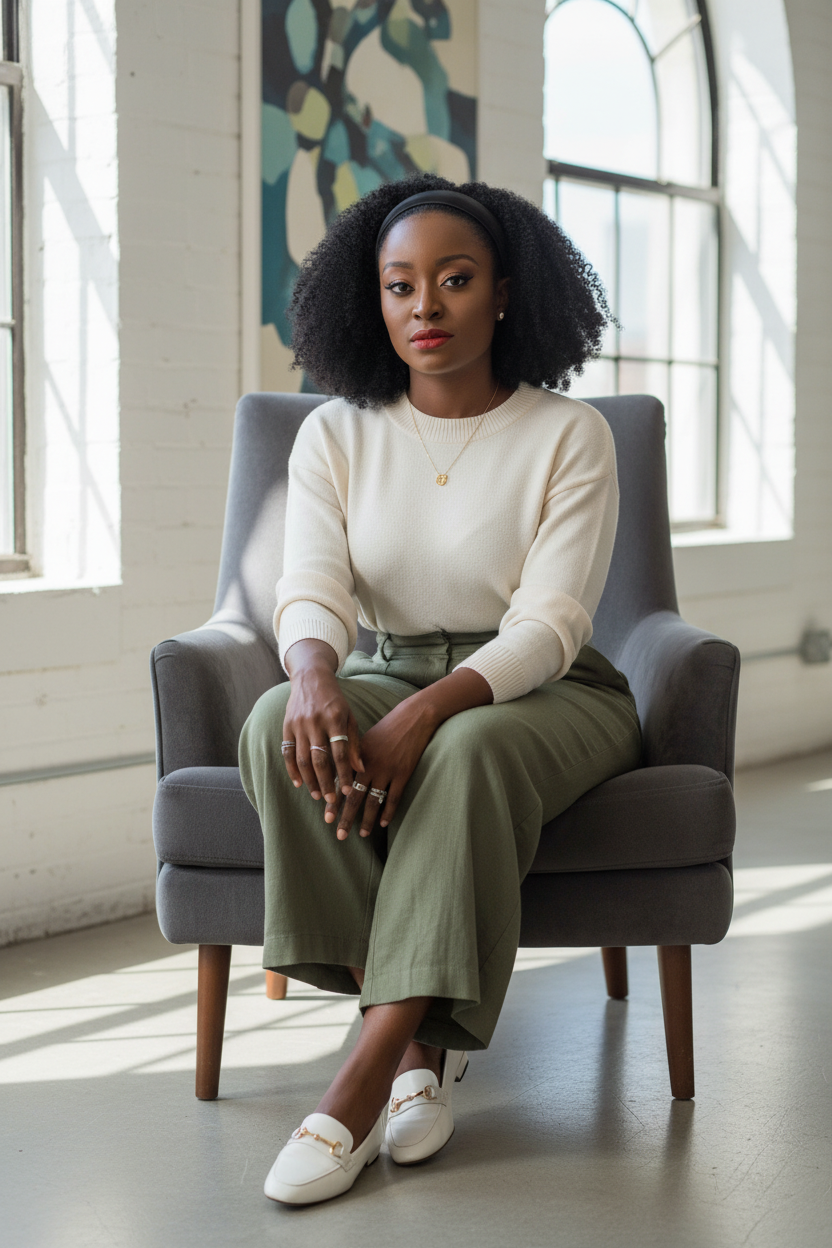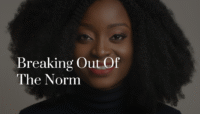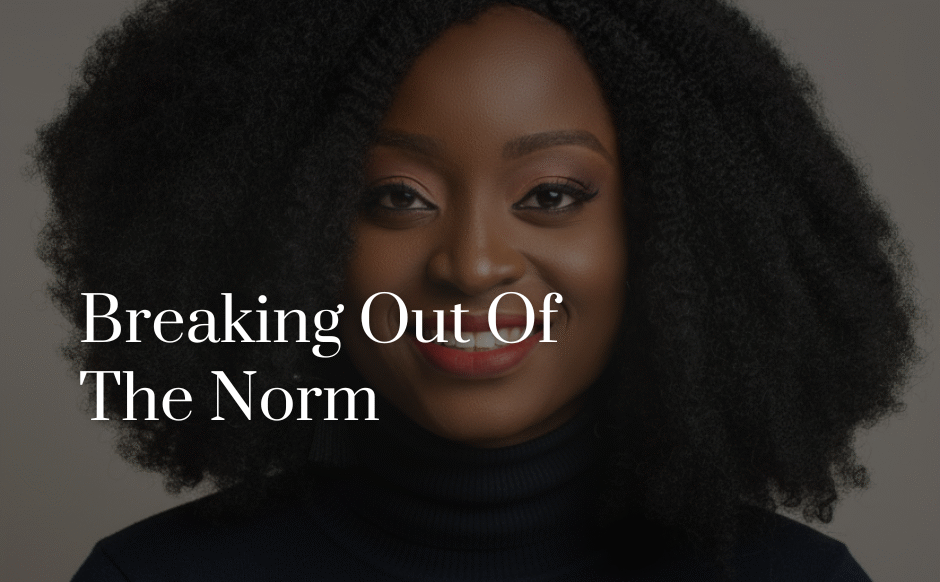Philosophers have long said that a person never steps into the same river twice because both the river and the person are constantly changing. What this means is that life is not just about where we came from, but also about where we are and who we are becoming. The world keeps shifting, and to stay alive to its possibilities, we must learn to solve the problems of the present environment, not just the ones of our past.
This truth reminds me of the story of Diogenes of Sinope, a Greek philosopher from the 4th century BC. Diogenes lived in exile after his father was accused of tampering with the currency of his hometown. Suddenly, he found himself in a new city, stripped of identity, home, and community. Instead of longing endlessly for what he had lost, he began to observe the society around him. He noticed their flaws, their greed, their hypocrisy, their dependence on luxuries. From those observations, he created a whole philosophy called Cynicism, teaching that true freedom comes from living simply and rejecting excess.

What’s powerful about Diogenes’ story is this: an exile that should have crushed him became the soil where his greatest ideas grew. He stopped trying to “fix” the problems of the place he left behind and instead leaned into the issues right where he was. By doing that, he created something timeless.
If you are a Nigerian who grew up in Nigeria, you know that there are certain peculiar issues that we deal with, and this forces us to create businesses or come up with ideas that tend to solve these issues. Sometimes, you’d find one person building to solve multiple problems. It became a norm. It became normal to even build and have a hustle that gets you your daily 2k.
I left Nigeria, my home country, in 2021 and right after my graduation from my master’s program, I was thrown into the sea of the unknown. This wasn’t home, where I could build and have my family support me with a roof over my head and three square meals. This was an entire zone where the billing is literally a monthly subscription. In the midst of all this, I was constantly coming up with ideas, but there was a problem. I was looking back.
I found myself looking at Nigeria and wanting to solve Nigeria‘s issues. You’d think it would be easier, but it was much more difficult. The biggest problem was not being on the ground to execute as much as I’d want to. My next instinct was to hire people who live there to execute. Then I suddenly found myself dealing with all sorts of challenges, like staff who came up with all sorts of excuses. Then the economy became another excuse in the block. I then looked at my left and my right and wondered why I was doing all these. I literally spent in pounds, and I kept asking myself why I was grappling to get the Naira.
At first, this felt natural. After all, it was the environment I knew best. But then it became a conflict. As an immigrant and now a parent, my priorities have shifted. I needed to focus on the present: building a good life for my children, connecting with my community, and navigating the realities of the country I now call home. Yet, I was stuck in the mindset of trying to fix challenges from a geography I had left behind.
The problem? I didn’t know how to identify opportunities where I was. I assumed that the United Kingdom was “perfect” and had no problems worth solving. That mindset left me clueless for a while.
Things began to change when I opened myself up to learning. I started watching a YouTube channel called Venture Room and another called School of Hard Knocks. I began engaging on Reddit, reading people’s conversations, frustrations, and pain points. That was when it clicked: every country, every community, every industry has its own unique challenges. You just need to learn how to listen and observe.
I also had to allow myself to explore new industries, even those in which I had no prior background. For example, I started learning about artificial intelligence, enough to understand the basics and see where opportunities might lie. I dabbled in real estate and even a bit in the accounting industry. I picked up complementary skills, stayed curious, and began connecting the dots.
And that’s the lesson I’d share with anyone in a similar position:
• Don’t box yourself into only solving problems from your past environment.
• Learn to listen to the pains and gaps in the environment you’re in now.
• Give yourself permission to explore new industries and acquire fresh skills.
Because no place is perfect and there are always problems worth solving, right where you are.
In many ways, life is a constant negotiation between memory and presence. The past shapes us, but it must not imprison us. The land you once stood on gave you the eyes to see, but the land you now stand on gives you the soil to plant.
Philosophers often speak of kairos: the opportune moment, the right time to act. To recognise it, you must be awake to where you are, not only where you’ve been. When we stop clinging only to the problems of our past environment, we begin to notice the hidden cracks in the present. Cracks where light can enter and where solutions can grow.
Because in the end, no place is perfect. And the mark of wisdom is not in solving everyone’s problems, but in discerning which issues belong to the ground beneath your feet and having the courage to create from there.

